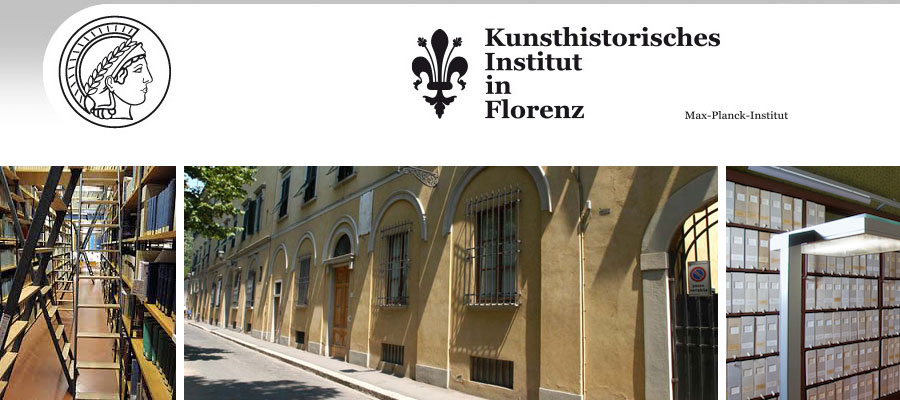The Max Planck Society and the Kunsthistorisches Institut in Florenz (KHI) invite nominations, including self-nominations, for a director, who will lead a research department with a unique, innovative and long-term research program in art history or related fields.
The Kunsthistorisches Institut in Florenz, founded in 1897, has been an institute of the Max Planck Society since 2002. Its research focuses on the histories of art and architecture in a transcultural perspective over a wide chronological and geographical range. A prime concern is to combine historical research with a critical engagement in current debates and challenges, for example urbanism, ecology, aesthetics, heritage, migration and diversity, the future of museums, media and material cultures and the digital transformation, among others. The institute has two departments, each led by a director; this nomination call is for one of them.
The KHI is looking for a highly creative and visionary director who will complement, enrich and further develop the research agenda and infrastructure of the KHI in a spirit of collaboration. The field of expertise is entirely open regarding geographies, periods or genres, including photography, film, digital media or architecture, as well as topics such as artistic practices and techniques, materiality, image politics or the rethinking of art historical narratives and languages.
The incoming director will benefit from the potential of an institute placed in the historical center of Florence, a city rich with archives, museums and other national and international research institutions, as well as of working in Italy in general.
Max Planck directors should have a strong research record, and a demonstrated ability to devise a long-term strategy for excellent research, and the potential to make a substantial contribution to their institute and to develop collaborations within and beyond the Max Planck Society.
The KHI is part of the Max Planck Society, an independent German nongovernmental association dedicated to fundamental research in the natural sciences, life sciences, social sciences, and the humanities.
